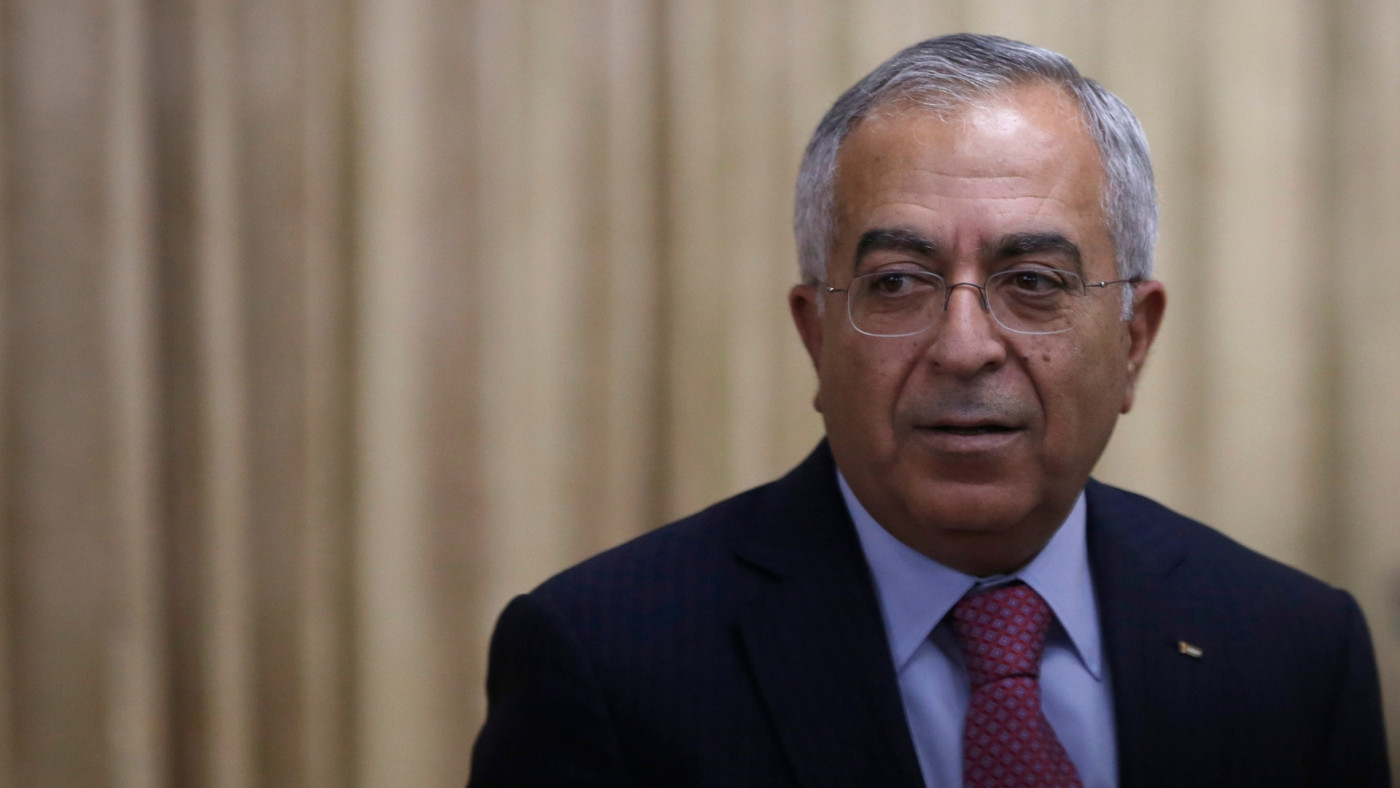Russian Lawmaker Wants a 'Ministry of Happiness' as Citizens Sour on War
A longtime public figure in Russia has proposed the creation of a Ministry of Happiness at a time when many of the nation's citizens have reportedly soured on the 20-month war against Ukraine.
Valentina Matviyenko, the chairperson of the Russian Federation Council, said during a speech at the recent Znanie (Knowledge) education expo in Moscow that she came up with the idea in 2019 while on a trip to the United Arab Emirates (UAE).
As the conflict in Ukraine continues with no end in sight, public support is falling sharply. Polling conducted in October by Russia's Levada Center, an independent research organization based in Moscow, found that nearly three out of every four Russians said they would support President Vladimir Putin if he decided to call for an end to the conflict.
However, just a third of the poll's 1,608 national respondents favored a ceasefire that would have Russia returning Ukrainian territories that it has occupied and annexed, such as the eastern areas and Crimea.
"Immediately, a law on overall happiness!" Matviyenko, 74, said at the expo, according to The Insider, a Russian independent publication online. "You know, I dream of creating and have even proposed that we create a Ministry of Happiness in Russia. A ministry that will review all decisions and laws to see whether this new law or new government decree will make people happier."
She continued: "So far, I have a small group supporting this. You are welcome to join. I think the time will come when we will create a Ministry of Happiness in Russia."
In 2016, the UAE became one of four countries to have a "minister of happiness" in its government's Cabinet. The minister's work included developing and implementing policies and programs that promote a well-rounded lifestyle in the community and create tools that measure benchmarks associated with happiness.
The UAE's move was preceded by Venezuela, which instituted its own ministry in 2013. India's Madhya Pradesh followed in 2017, becoming the country's first state to create a happiness department.
In the past, Matviyenko has been referred to as an "icon of corruption," according to Ukrainian online newspaper Ukrainska Pravda. The senator from St. Petersburg, who has chaired the Russian Federation Council since 2011, is reportedly worth over 1 billion rubles, or approximately $10.7 million, and owns a villa in Venice. In 2009, her son amassed a fortune by age 36 that eclipsed $1 billion.
Mikhail Troitskiy, professor of practice at the University of Wisconsin-Madison, told Newsweek that while Matviyenko is likely not among the most corrupt politicians in Russia, her comments should be viewed in the context of the country's current political situation. Russia is known for public figures who may struggle to properly express their sentiments, or those of the citizenry, because they avoid taboo subject matter.
"Open calls for the escalation of Russia's war effort against Ukraine are not encouraged, and there have been cases of the Kremlin disavowing aggressive rhetoric when it came from high-ranking and visible officials," Troitskiy said.
He continued: "However, calling for an end to the 'special military operation' is prone with even higher risk, so figures such as Matviyenko are forced to look for flashy, if nonsensical, topics that would go around the issue of Russia's aimless and destructive war of choice."
That may affect any hesitance by Putin and other public officials to opine on issues in the Middle East, including Israel's conflict with Hamas, Troitskiy said.
"Under those circumstances, any rhetoric about officially mandated happiness surely looks ridiculous to most Russian citizens—whether they support or oppose the [Ukrainian] war—and yet there are no better choices of topic for someone in Russia who wants to make headlines at least from time to time," he added.
Troitskiy also takes issue with independent Russian polling that indicates a souring attitude toward the ongoing war, given the caveats associated with it.
Aside from most respondents not being open to Russian concessions that would allow the fighting to stop, he said, those "not objecting" to a ceasefire are just as guilty of contributing to divisive rhetoric because that sentiment doesn't lend itself to a desired outcome.
"It means that if a minority of war beneficiaries take a strong view about the need to continue fighting, the majority would not be willing or able to stand up for their choice for peace—short of significant domestic political shifts that could reduce profits from continued war," Troitskiy said.
"For now, the benefits that the Russian civilian recruits and/or their families can get from joining the war create a significant momentum against [the] pursuit of peace," he said.
Disclaimer: The copyright of this article belongs to the original author. Reposting this article is solely for the purpose of information dissemination and does not constitute any investment advice. If there is any infringement, please contact us immediately. We will make corrections or deletions as necessary. Thank you.





